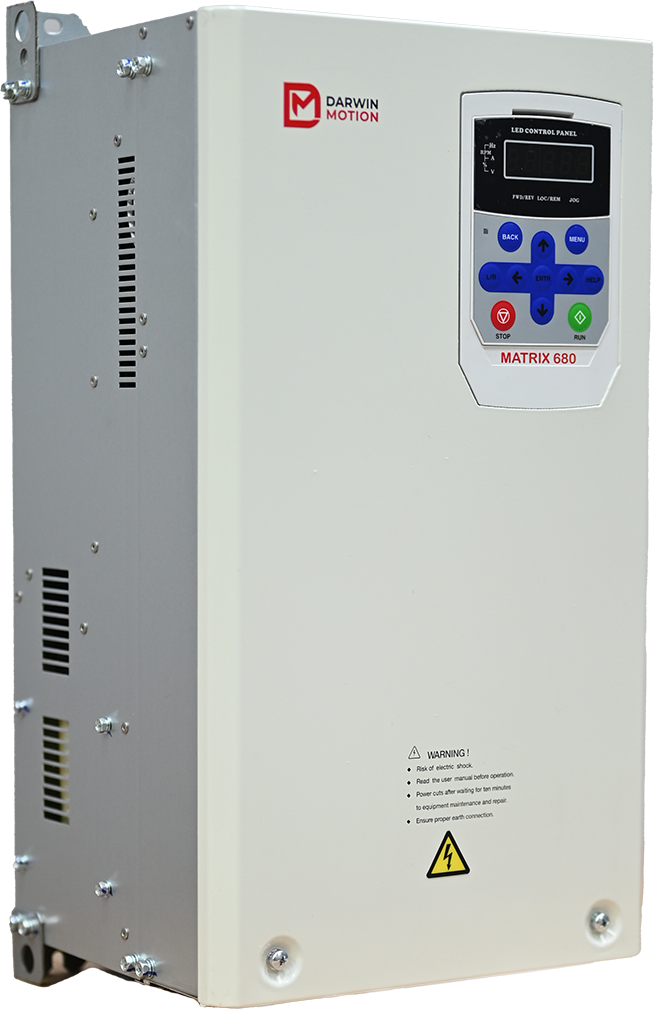Posted on 27th Mar 2025

In modern industrial and commercial applications, energy efficiency and operational control are crucial. One of the most effective ways to optimize the performance of pumps is by using AC drives. Also known as Variable Frequency Drives (VFDs), AC drives regulate the speed and torque of electric motors, offering significant benefits in terms of energy savings, system longevity, and process optimization.
Pumps are typically driven by electric motors that run at a constant speed when connected directly to the power supply. However, the demand for fluid flow often varies, making a constant-speed motor inefficient. AC drives control the motor's speed by adjusting the frequency and voltage supplied, ensuring that the pump operates at an optimal speed for the required application.
One of the primary advantages of high performance drive is their ability to reduce energy consumption. By matching the motor speed to the actual demand, AC drives eliminate the need for throttling valves and bypass lines, which often result in energy wastage. Studies suggest that using AC drives can reduce energy consumption by up to 50% in certain applications.
AC drives allow precise control over pump speed, ensuring a consistent and optimal flow rate. This is particularly beneficial in applications where varying flow requirements exist, such as in water supply systems, wastewater treatment, and HVAC systems.
By gradually ramping up motor speed during startup, AC drives reduce mechanical stress on pump components. This soft-start feature minimizes wear and tear, thereby extending the life of the pump and reducing maintenance costs.
Sudden changes in pump speed can lead to water hammer, a phenomenon that causes pressure surges and potential damage to piping systems. AC drives help mitigate this issue by allowing smooth acceleration and deceleration of the pump.
By optimizing energy use and reducing mechanical stress, AC drives contribute to lower operational and maintenance costs. Additionally, their ability to integrate with automation systems enhances overall efficiency and reduces manual intervention.
Applications of AC Drives in Pumping Systems
AC drives are widely used in various industries, including:
Water and Wastewater Treatment – For precise flow control, reducing energy costs, and improving system reliability.
HVAC Systems – To regulate cooling and heating systems efficiently.
Irrigation Systems – Ensuring optimized water usage in agricultural applications.
Industrial Processes – Managing fluid transfer in manufacturing and processing plants.
Choosing the Right AC Drive for Your Pump
When selecting an AC drive for a pump application, consider factors such as:
Motor power and voltage requirements
Operating environment (temperature, humidity, dust, etc.)
Required control features (PID control, remote monitoring, etc.)
Compatibility with existing systems
AC drives for pumps are a game-changer for pump applications, offering significant advantages in energy efficiency, process control, and equipment longevity. By investing in the right AC drive, industries can achieve substantial cost savings while ensuring reliable and efficient pump operation. Whether for municipal water systems, industrial processes, or HVAC applications, AC drives provide a smart and sustainable solution for modern pumping challenges.